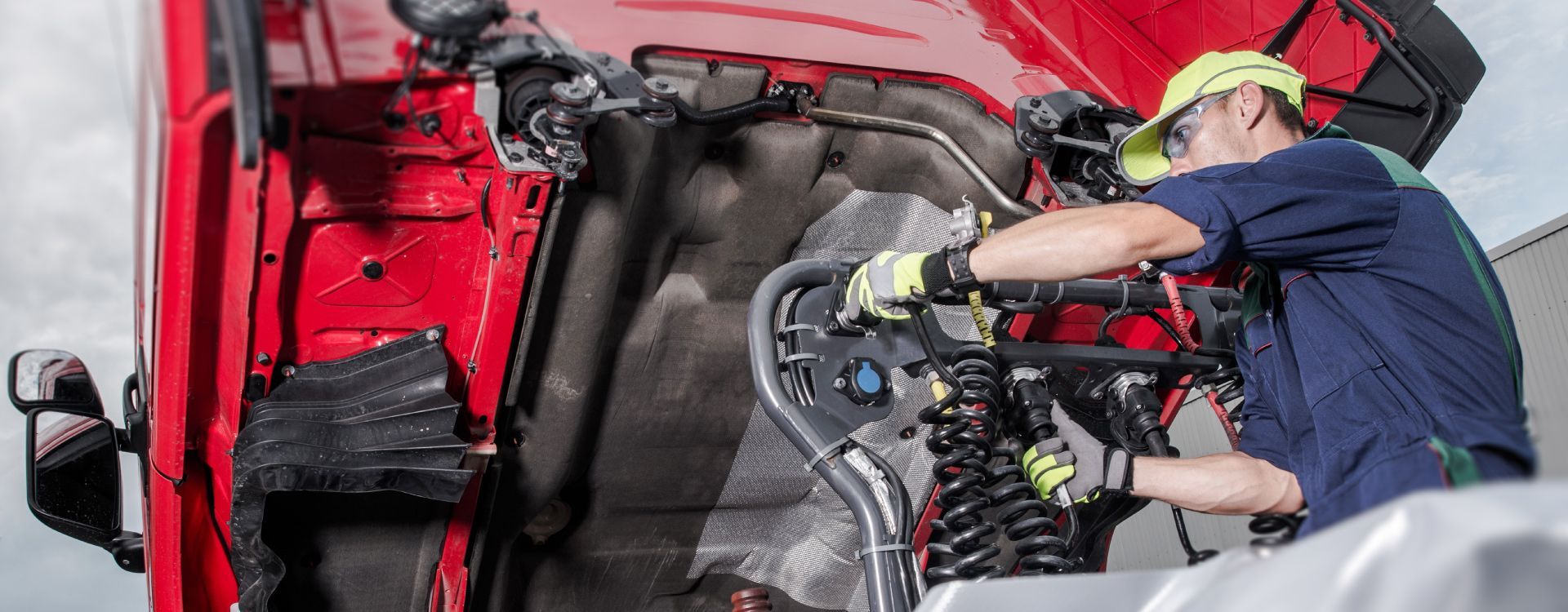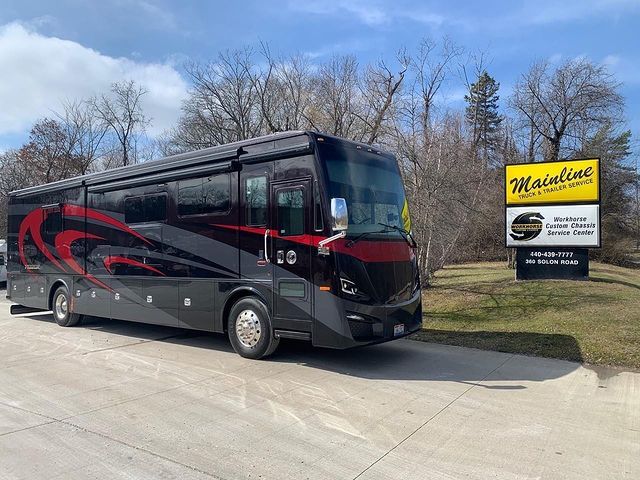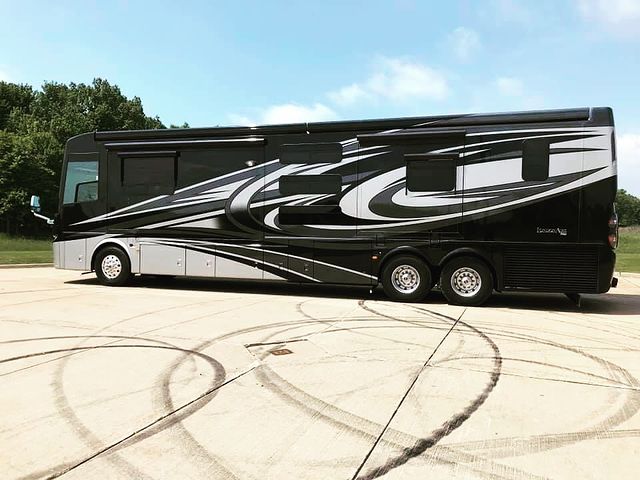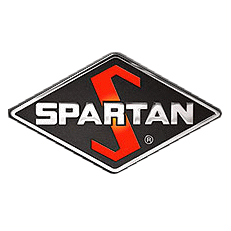Professional Tips for Better Truck Fleet Management
Professional Tips for Better Truck Fleet Management

If your operation relies on working vehicles such as cargo trucks or heavy machinery, it's absolutely vital to develop a fleet management plan. There should be a regular, documented system for handling inspections and repairs, along with plenty of documentation, to ensure your vehicles are always ready for duty. Without putting in this work, they'll be prone to more breakdowns - which puts your workers and assets at risk, while incurring completely avoidable financial losses.
Mainline RV & Truck Service aren't merely Ohio's leaders in truck service - we also provide comprehensive fleet management and maintenance contracts which can take all the maintenance burdens off your shoulders. We know how to keep a fleet rolling!
However, if you want to keep those services in-house, we can still offer plenty of tips for implementing or improving your own fleet management system!
I. Fleet Management for Light-Duty Vehicles
Light duty vehicles typically include smaller working vehicles such as pick-up trucks, vans, or SUVs. They're often put together from consumer-grade equipment, or mixed-used vehicles such as Ford F-350s. This can make service and maintenance a bit easier, since you can get parts from most everyday car and truck shops.
The most important aspects to focus on with light-duty vehicles are:
1 - Standardizing your inspections
You should develop a comprehensive list of all elements of your vehicles that need regular inspections. This includes the wheels, tires, engine, suspension, brakes, wiring, and all other critical components. The important thing is to standardize this across all applicable vehicles and have a well-documented schedule for doing these inspections.
2 - Focus on preventative maintenance
Your fleet management and maintenance plan should be proactive! Don't let components fail. Keep up with their maintenance and replace components once they reach their end-of-life (EOL), even if they currently seem to be running OK.
Having a central database will help immensely here. This allows you to track each component on each vehicle, along with key information such as when it was last serviced, and the expected EOL based on original manufacturer's estimates. More advanced software packages designed for fleet management can even offer alerts, such as notifying you when a key component is nearing its EOL or hasn't been serviced within a selected timeframe.
3 - Investing in an inspection app
We highly recommend investing in a mobile inspection app that can be installed on all your maintenance workers' and drivers' cell phones. This allows any authorized person to do the inspection, based on a standard checklist built into the app. This will also be capable of transmitting its data to a central database, allowing you to track and analyze maintenance issues over time from a central dashboard.
II. Fleet Management for Medium/Heavy-Duty Vehicles
Medium and heavy-duty vehicles are typically specialty equipment, such as full tractor-trailers and other heavy haulers. These workhorses are designed to go long periods without malfunctioning, but they still need plenty of maintenance in between jobs to ensure they're running in good shape.
Basic fleet management is the same as with light-duty vehicles. You should have standardized inspections for every vehicle in the same class, paired with a schedule that is always adhered to. Having apps and fleet management software is even more important, particularly if you have a large number of vehicles. Trying to track everything on paper is too error-prone; you need a software solution here.
However, there are some other tips to be aware of.
1 - Install telematic trackers
One of the secrets to great heavy-duty fleet management is to install telematic systems that capture, track, and report data on your vehicles while they're on the road. At the bare minimum, they should have a GPS system constantly reporting their whereabouts. This helps you keep track of your trucks but also yields secondary data such as allowing you to oversee your drivers' driving habits. Comparing average speeds to speed limits, for example, will tell you who's speeding.
If the telematics also report on the condition of key components such as the engine, wheels, and brakes, that's even better. It's all data that can go into your database and allow deep-dive analysis of maintenance issues and expenses over time.
2 - Maintaining your DVIR compliance
Driver Vehicle Inspection Reports (DVIRs) are mandated by the US Department of Transportation for large commercial vehicles, and these regulations apply to virtually any medium or heavy-duty vehicle. This means your drivers must be keeping track of maintenance and usage of their vehicles, typically through the use of an electronic device called an eDVIR.
The nice thing about eDVIRs is that they report their data to your own systems as well, so they become another tool in maintenance and proactive service of your fleet. Of course, the eDVIRs need to be maintained as well, and you should always have spares on hand if your driver has trouble with their current unit.
3 - Workflow automation
For larger fleets, it's worthwhile investing in software - or a fleet maintenance partner - that is capable of automating maintenance service orders. Software can keep track of dozens of vehicles with hundreds or thousands of key components and provide necessary alerts or tickets whenever maintenance is called for. Particularly advanced systems can even utilize rudimentary AI to notice problems, such as if an individual vehicle is suddenly consuming significantly more fuel for no apparent reason.
This makes it far easier to stay on top of proactive fleet maintenance and prevent breakdowns from sneaking up on you.
Mainline RV & Truck Service Are Your Fleet Management Partners
For many years, drivers across Ohio and surrounding states have known they can always bring their rigs to Mainline for the best service. We can also bring our services to you! Our contract truck maintenance packages are reasonably priced and can easily pay for themselves by preventing breakdowns and other problems that can hurt your productivity. We put in the hard work, so you can enjoy the benefits of a well-maintained vehicle fleet.




















